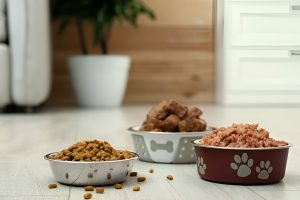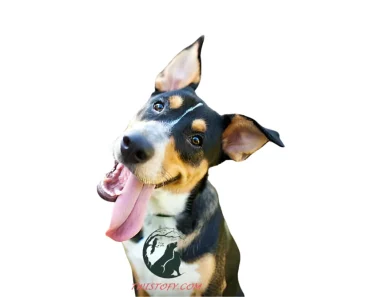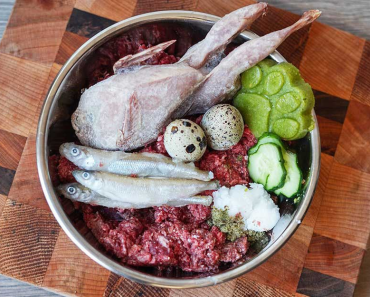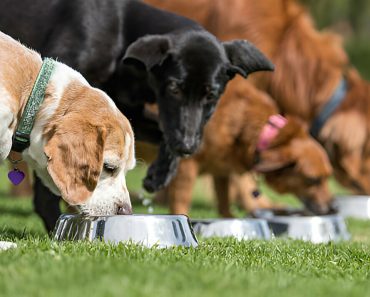Foods you should never feed your dog
As pet owners, we often enjoy sharing food with our furry companions. However, some human foods can pose serious health risks to dogs. From common household items to seemingly harmless treats, it’s crucial to be aware of what foods are off-limits for our canine friends. Here’s a comprehensive guide to 20 foods you should never feed your dog.

dog
- Alcohol: Dogs have a low tolerance for alcohol, and even small amounts can cause intoxication, leading to vomiting, diarrhea, difficulty breathing, tremors, coma, and even death.
- Chocolate, Coffee, and Caffeine: These contain methylxanthines, which can cause vomiting, diarrhea, panting, hyperactivity, tremors, seizures, and in severe cases, death.
- Grapes and Raisins: Even in small amounts, these can cause kidney failure in dogs, manifesting as vomiting, diarrhea, lethargy, and decreased appetite.
- Xylitol (Sugar Substitute): Found in sugar-free gum, candies, and some peanut butter, xylitol can cause a rapid release of insulin, leading to hypoglycemia, seizures, liver failure, and death.
- Onions, Garlic, and Chives: These can cause gastrointestinal irritation and damage to red blood cells, resulting in anemia, weakness, and lethargy.
- Raw/Undercooked Meat, Eggs, and Bones: These may contain harmful bacteria like Salmonella and E. coli, leading to food poisoning and gastrointestinal upset.
- Salt and Salty Snack Foods: Excessive salt intake can lead to sodium ion poisoning, causing symptoms such as vomiting, diarrhea, tremors, seizures, and even death.
- Macadamia Nuts: These can induce weakness, depression, vomiting, tremors, hyperthermia, and inability to walk in dogs.
- Almonds, Pistachios, and Certain Other Nuts: High in oils and fats, these can cause pancreatitis and gastrointestinal upset in dogs.
- Avocado: Contains persin, which can cause vomiting and diarrhea in dogs, and the large seed can cause obstruction in the digestive tract.
- Yeast Dough: Can expand in the stomach, causing bloating and potential rupture, as well as alcohol production, leading to intoxication.
- Milk and Dairy Products: Many dogs are lactose intolerant, leading to digestive upset such as diarrhea and gas.
- Moldy or Spoiled Foods: These can contain toxins causing vomiting, diarrhea, tremors, seizures, and death in severe cases.
- Human Medications: Many human medications are toxic to dogs, so always consult a veterinarian before giving any medication to your pet.
- Candy, Gum, Toothpaste, and Baked Goods: Often contain xylitol, which can be toxic to dogs, causing insulin release and subsequent hypoglycemia.
- Caffeine: Found in coffee, tea, and some sodas, caffeine can cause restlessness, rapid breathing, heart palpitations, and even death in dogs.
- Fatty Foods: These can cause pancreatitis, a painful inflammation of the pancreas, in dogs.
- Corn on the Cob: Can cause intestinal obstruction if ingested, leading to vomiting, diarrhea, and potential surgery.
- Fruit Pits and Seeds: These can cause intestinal obstruction or contain cyanide, which is poisonous to dogs.
- Dog-Safe Foods in Excess: Even dog-safe foods, when consumed in large quantities, can lead to obesity and other health issues in dogs.








